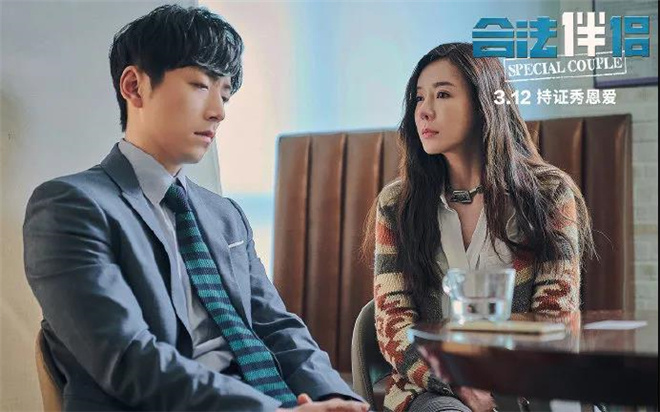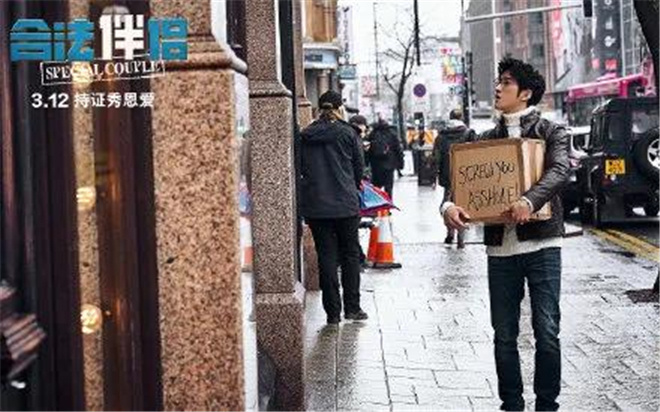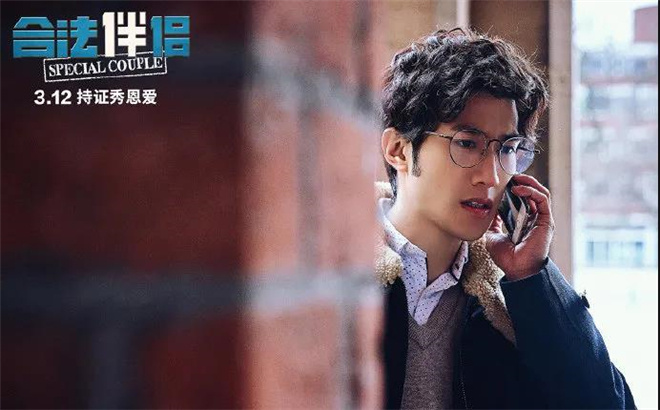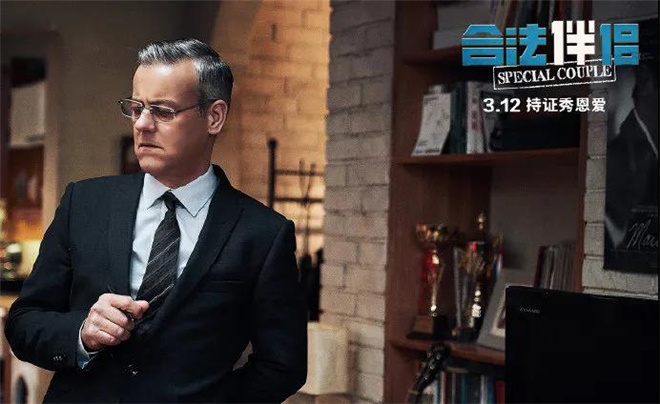How difficult is it for Legal Companion to travel to London to interpret overseas shooting exclusively?
Special feature of 1905 film network On March 12th, the light comedy of love was released in China. The film focuses on the difficulties encountered by China students when they drifted to Britain. In order to make up for the unexpected mistake that Gu Dabai was about to be deported because he failed to renew his contract in time, Jin Tian, a good brother, came up with a "good idea" to hide the truth and keep Gu Dabai.
The story took place in England, and the audience also followed the movie on a cloud tour. In addition to St. Paul’s Cathedral, Thames, London Eye and other famous attractions, the scenery of unknown blocks is also a major attraction of the film. These blocks have a British texture, showing the real "London style".

In this issue, I specially invited the director of Legal Companion to share with us his film shooting strategy in Britain."The preparatory period for the film" Legal Companion "to shoot in the UK has been almost one year, because we have to look at the scenery first, and then we have to declare this permission to the British government quickly. Only when we get the permission can we really shoot."

"Basically, if you want to finish this film, you have to follow the previous production plan and finish what you planned to finish at every fixed time, because Britain is a country that pays great attention to commitments and contracts. All the forms we fill in and the applications we submit are official commitments, so we have given people this commitment, and we must complete this work within this commitment. "

At the beginning of the film, Gu Dabai rode through the block. In fact, this seemingly ordinary living shooting location also needs to be fully prepared.
"With the understanding of the domestic audience, the traditional filing in our country is different. Britain is a country with private ownership, and its land is allowed to be privately held. Therefore, when I shoot in one street, it is very likely that I will shoot three streets together. The former street belongs to the government and the third street belongs to an individual. After I submit the report to the government, I have to get his permission from the owner of the individual before I can get the whole scene. "
In addition to the beautiful scenery in the film, the casting and dressing of the film are also very British. The leading actor with a mixed-race face studied in Britain during his undergraduate period and lived in the same semi-basement house as in the film. "Semi-underground is a place to live that particularly reflects the identity of international students." We can also get a glimpse of the real life of "Ying Piao" in the movie by renting the basement in the wet England.

In recent years, it is not uncommon for China films to be filmed in foreign countries. The film released in this year’s Spring Festival not long ago also encountered many production problems when shooting in Japan. When shooting in a busy street, the crew must go through the consent of every store and every business before shooting in this street, and they must apologize to the residents and passers-by who are disturbed by it.

Cultural differences in different countries and different modes of film industry production have brought various difficulties to China films with transnational cooperation. To overcome these difficulties, what we have to do is to know the local culture in advance and do our homework well. Respecting and being honest with each other is the essence of making a good transnational cooperative film. Director Huang Lei bluntly said: "You must give the other party enough respect before the other party will give you respect and allow you to shoot."

Transnational cooperation in China movies can not only bring viewers the viewing experience of cloud tourism in different regions, but also bring different cultural environment cores to the story of the movie itself. In order to avoid the story and the beautiful scenery, we must have a deep understanding of the location of the story, and whether the location can fit the regional and cultural background of the story is also the direction that filmmakers need to pay attention to in transnational cooperative films.
"The style of the whole British society is not only focused on the beautiful scenery, but also has more British people, British life, British social things, and some bits and pieces of details, so these details constitute the whole overseas culture. It is particularly realistic to let our characters live in such an environment."

Legal Companion can successfully bring the audience the real life state of young people overseas, which is inseparable from the early understanding of British regional culture. The cross-border cooperative shooting strategy shared by director Huang Lei also gives filmmakers, especially young directors who want to shoot similar themes, some experiences that can be used for reference. "I think it is still necessary to understand the people in this place, their daily thinking habits and living habits, and then what will happen when different cultures collide."

Nowadays, China movies with transnational cooperation emerge one after another. While putting an exotic coat on the environment, we hope that the movies can tell the stories of people in different cultural backgrounds at the same time. Now we have a series of successful examples, such as "Legal Companion", and we are looking forward to more and more such films.

The director’s observation of today’s film review;Many people may think that shooting abroad is a special pleasure, but it is endless pressure for directors. Shooting abroad means higher costs, and the accommodation and travel of the whole crew will become a big account. Shooting abroad may also face more unknowns and risks, and the director needs to make a quick decision in a limited time and finish shooting efficiently. Because I watched the director’s special film in Japan, I feel confident like him, and sometimes I hesitate and make trouble, which is even more challenging for the new director. (Wu Zhiying)